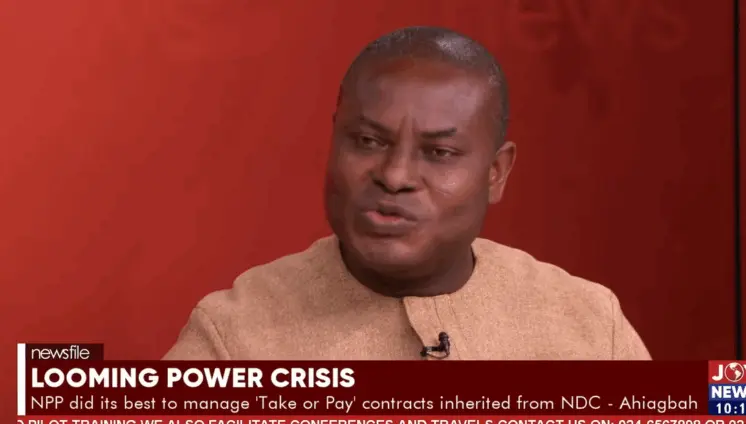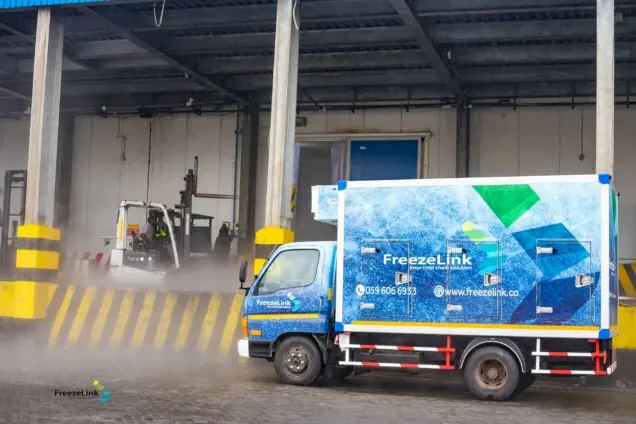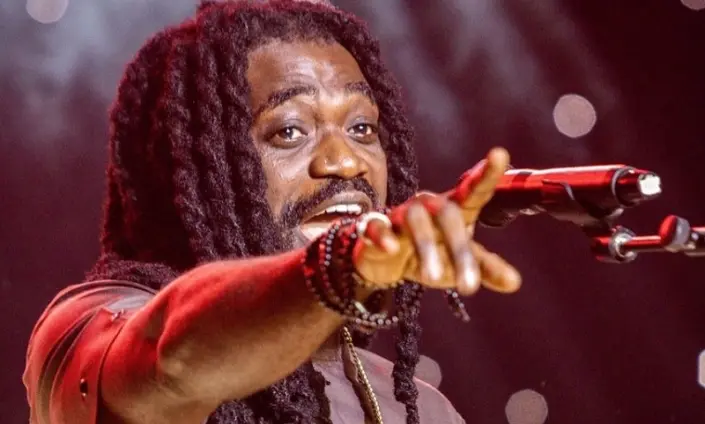The Electricity Company of Ghana (ECG) is grappling with alarming financial losses, a situation that has sparked a heated debate over the nation’s power purchase agreements. In 2022 alone, ECG recorded a staggering GH¢10.21 billion in losses, a dramatic increase from the GH¢1.91 billion reported in 2021. Richard Ahiagbah, a prominent voice in Ghanaian politics, has attributed these ECG financial losses directly to what he describes as ‘egregious’ terms within power purchase agreements (PPAs) established during the tenure of the National Democratic Congress (NDC). These NDC power deals, intended to bolster Ghana’s energy supply, are now under intense scrutiny for their long-term economic impact.
Power purchase agreements, in essence, are contracts between power producers, often independent power producers (IPPs), and a buyer, in this case, ECG. The agreements outline the terms for the sale of electricity. However, the specific terms of the NDC power deals have become the core of a growing controversy.
Ahiagbah’s critique centers on the assertion that the state was obligated to provide fuel to IPPs without any mechanism for cost recovery. “I have not come to settle in my mind why we signed power purchase agreements where we agree to provide fuel for IPPs without recovering the cost,” Ahiagbah stated. “They just bill us, and we pay.” According to Ahiagbah, this arrangement places an undue economic burden on ECG and, by extension, the Ghanaian taxpayer. The World Bank has also reportedly criticized these contracts, deeming them “expensive and wrong,” further underscoring the gravity of the situation and their impact on Ghana’s energy sector.
The financial losses suffered by ECG are substantial. The GH¢10.21 billion deficit in 2022 paints a bleak picture of the company’s financial health. Ahiagbah argues that these NDC power deals, coupled with internal operational inefficiencies within ECG, are significant contributors to the company’s woes. “There are leakages in the system, and ECG must ensure consumers pay for the power they use,” he noted, highlighting the need for improved revenue collection and reduced waste.
While the PPAs are under scrutiny, it’s important to acknowledge that other factors may contribute to ECG’s financial difficulties. Transmission losses, unpaid bills from consumers, and general inefficiencies within the power distribution network could also play a role. Pinpointing the precise weight of each contributing factor requires a comprehensive and unbiased analysis.
The New Patriotic Party (NPP) has faced questions regarding why these agreements were not renegotiated during their eight years in power. Ahiagbah responded to this criticism by stating, “You can be pardoned if you inherit a bad problem and couldn’t solve it. The person who created it should be held accountable.” He suggests that the responsibility for addressing the issue ultimately lies with those who initially established the agreements.
Renegotiating international agreements is a complex undertaking, fraught with legal and economic challenges. Altering or terminating contracts can have significant ramifications, potentially impacting investor confidence and Ghana’s international standing. However, Ahiagbah has emphasized the need for a comprehensive review of Ghana’s power sector agreements. He urged stakeholders to engage in constructive dialogue to find solutions that ensure the long-term sustainability of the energy sector. Addressing the financial burden may involve renegotiation of existing agreements, diversification of energy sources, or a combination of strategies. Open and transparent public discourse is crucial in shaping the path forward.
In conclusion, Richard Ahiagbah’s accusations highlight the significant financial strain caused by NDC-era power purchase agreements. The ECG financial losses are a serious concern that demands immediate attention. A comprehensive review and collaborative solutions are essential to ensure the stability and sustainability of Ghana’s power sector. It is imperative that all stakeholders engage in constructive dialogue to chart a course toward a more secure and affordable energy future for Ghana.
Image Source: MYJOYONLINE





















